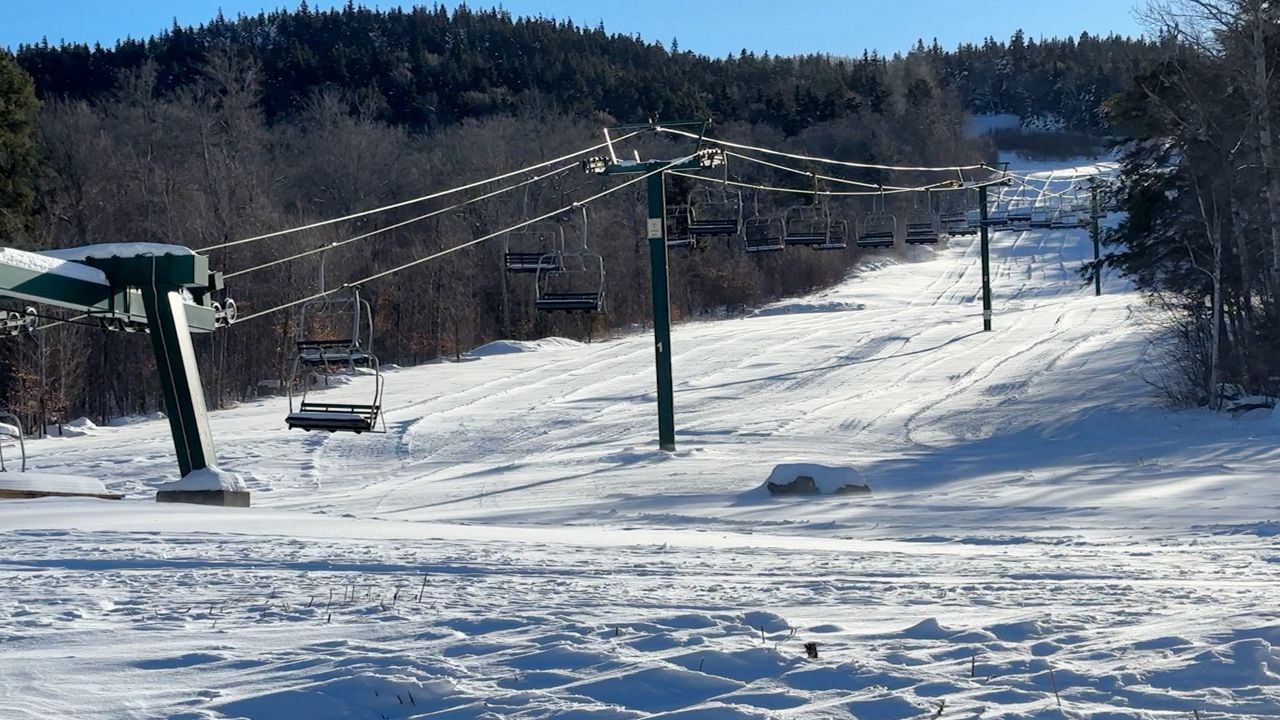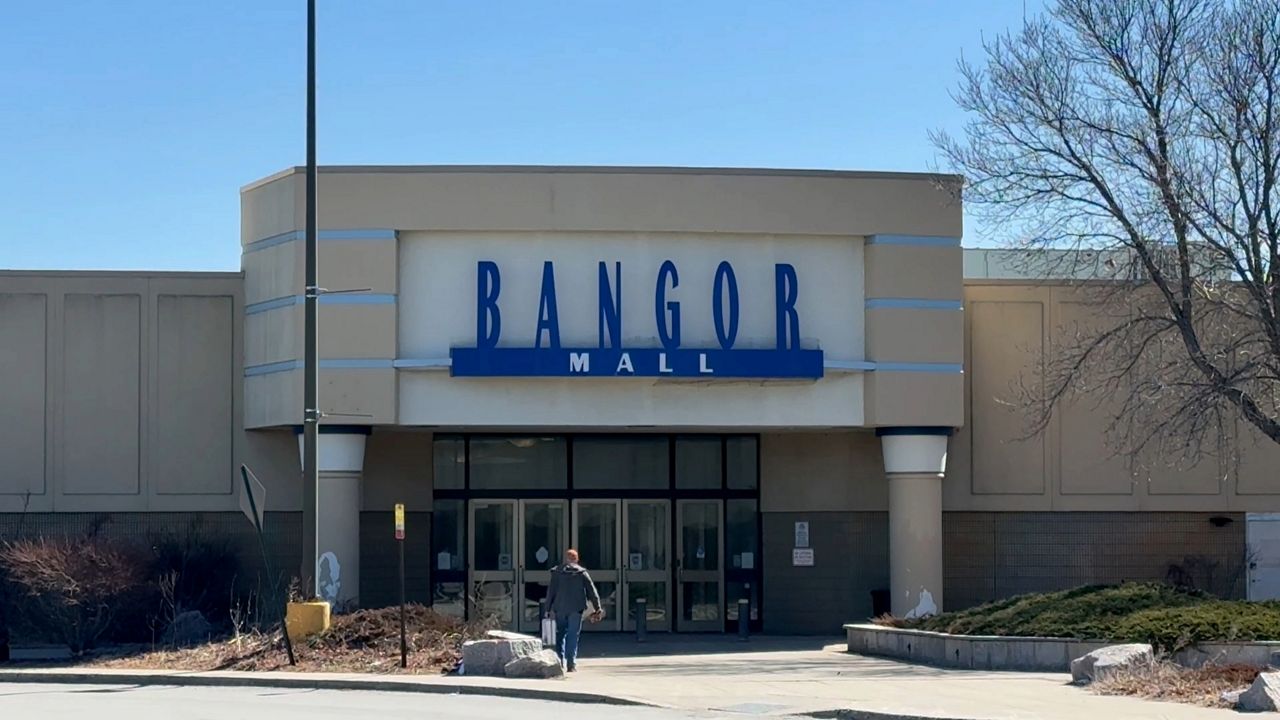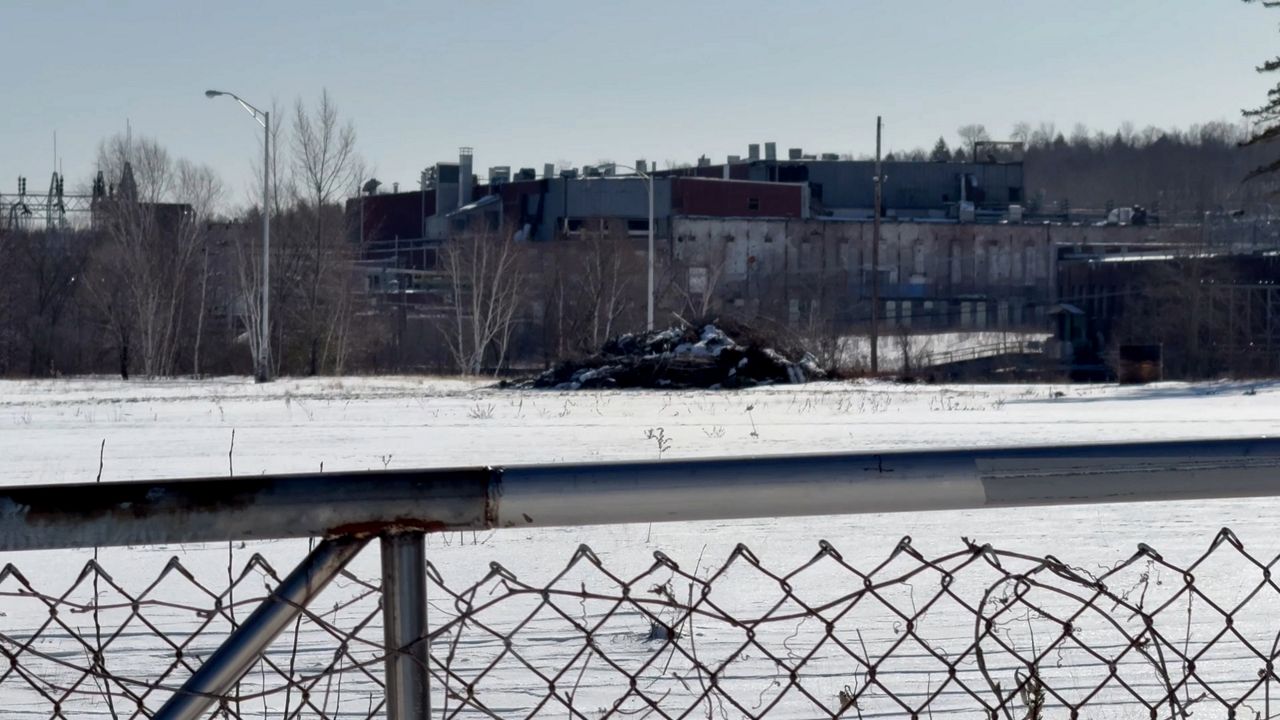A ski area just outside of Greenville with a long and sometimes contentious history is up for sale for more than $30 million.
Big Moose Mountain Ski Area is listed with Folsom Realty Group as a 4,500-acre parcel for $27 million. A companion property with 1,700 acres is also for sale for $5.95 million.
Advocates argue that new owners could inject some much-needed capital into the ski area’s upkeep. Expansion of the ski area, they say, could make it a lynchpin for offseason tourism for nearby Greenville and Moosehead Lake.
“We think it’s a significant economic driver for the region,” said Steve Levesque, former commissioner of the Maine Department of Community and Economic Development and a Greenville resident.
The mountain and the ski area on it are less than five miles from Greenville and the lower half of Moosehead Lake. In the summertime, the lake is abuzz with tourists, and supports inns, resorts, restaurants and similar businesses catering to visitors.
Levesque said the ski area’s former glory is partly responsible for bringing tourism to the Greenville area in the first place.
“It was a fairly robust economic driver for the region,” he said.
In fact, Levesque said, the ski area, which records indicate first opened in 1963, brought a significant number of jobs to town.
“A lot of the people who live in Greenville originally came there to live and work on the mountain,” he said.
While the summer tourism season is still booming in Greenville, the ski area is not what it once was, and winter tourism has gone with it. Documents associated with an eight-year-long legal battle with the property’s current owner, James Confalone, indicate the area has suffered from neglect and misuse.
State officials, according to court records, bought the ski area in 1975, running it as a regional economic development vehicle. A decade later, the state sold the property off, hoping that private funding could do more to expand and build upon the current ski area than the state could.
But that never happened. Records indicate the property owner filed for bankruptcy in 1990, and the bank seized the property. Five years later, the bank sold the property to Confalone, using an agreement with the same language the state used in the original sale.
That matters, because legal records show that language made the property’s owners responsible for, among other things, “the maintenance, expansion, and operation of the Ski Area and Resort.”
Instead, according to court records, Confalone neglected to develop the property, leading to the ski area’s upper half shutting down, and eventually the entire ski area closing from 2009-2012.
In 2013, records show, an independent nonprofit, Friends of the Mountain, re-opened the ski area and put more than $500,000 into rebuilding the lower half of it.
“The upper half of the ski area, however, has deteriorated,” records stated.
In 2016, the state Attorney General’s Office sued Confalone for neglecting the ski area. The suit also alleged Confalone allowed excessive timber harvesting to be done on the property. In 2020, a superior court judge sided with the state and ordered Confalone to pay nearly $4 million.
Confalone appealed, but the court ruled against him again on July 9, 2024. Danna Hayes, a spokesperson for the attorney general’s office, said via email on Dec. 3: “The state then obtained writs of execution and placed liens on the property that was subject to the lawsuit. Confalone has not yet paid the judgment.”
While the July 9 decision suggests the legal battles are over, the struggle has taken its toll on the ski area’s future. In 2022, investors pulled the plug on a multimillion-dollar resort project that would have included a 200-slip marina on Moosehead Lake and a new 64-room hotel and conference center, in addition to rebuilding the ski area.
At the time, the investors cited ongoing legal issues, along with inflation and changes to the bond market.
The investors backed out despite promises of as much as $135 million in bond financing from the Finance Authority of Maine, and $375,000 from the Eastern Maine Development Corporation, a nonprofit regional economic development group.
“All of the pieces were in place, and then it all fell through,” said Lee Umphrey, the group’s president and CEO.
With the property now on the market, Umphrey and Levesque are both hoping to see a new owner take on the ski area, and bring about the development state officials have wanted to see there since 1986.
So far, though, Umphrey said there have been no takers.
“There’s been nothing concrete that’s come across EMDC’s desk,” he said. “It’s been frustrating.”










